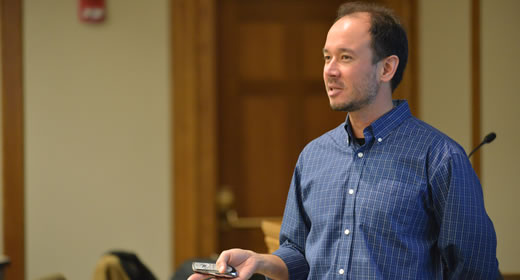
Doctoral candidate Nico Ravanilla and Professor Dean Yang have a paper on vote-selling in the May 2015 edition of the American Economic Review: Papers and Proceedings. The paper, “Measuring Vote-Selling: Field Evidence from the Philippines,” shares results from a randomized field experiment Ravanilla, Yang, and colleagues conducted during the 2013 Philippine elections to test anti-vote-selling campaign strategies.
Vote-buying and vote-selling present significant problems for developing democracies that seek to build public trust in government. While many activists and organizations have attempted to combat vote-selling through campaigns, little is known about the effectiveness of such efforts. In a field experiment involving 883 randomly selected households in Sorsogon City, Ravanilla and Yang tested two anti-vote-selling interventions. These included an appeal to voters not to sell their votes, as well as an appeal to voters to vote their conscience on election day, even if they do decide to take money from candidates.
While it is difficult to measure vote-selling behavior since survey respondents self-report, Ravanilla and Yang developed a proxy measure of vote-selling and its correlates through analysis of vote-switching. In a companion working paper, using this measure they found that “a promise to ’take the money but vote one’s conscience‘ actually increases the number of voters accepting money” but that it also increases vote-switching. “Accepting money from a candidate creates a temptation to actually vote for the vote-buyer on election day,” they report, and “voters may not fully anticipate the magnitude of this temptation.”
Nico Ravanilla begins work as a Shorenstein Postdoctoral Fellow in Contemporary Asia at Stanford University this fall. Dean Yang is co-director of the Ford School's International Policy Center and a professor of public policy and economics. His research, designed to address global poverty, focuses on international migration, microfinance, health, corruption, and the economics of disasters.